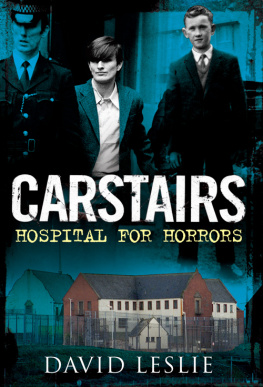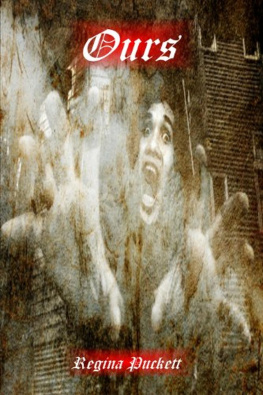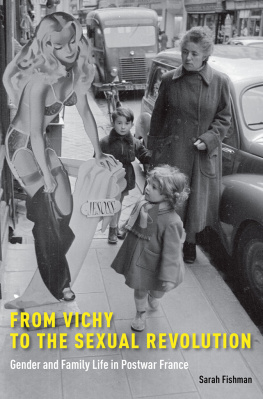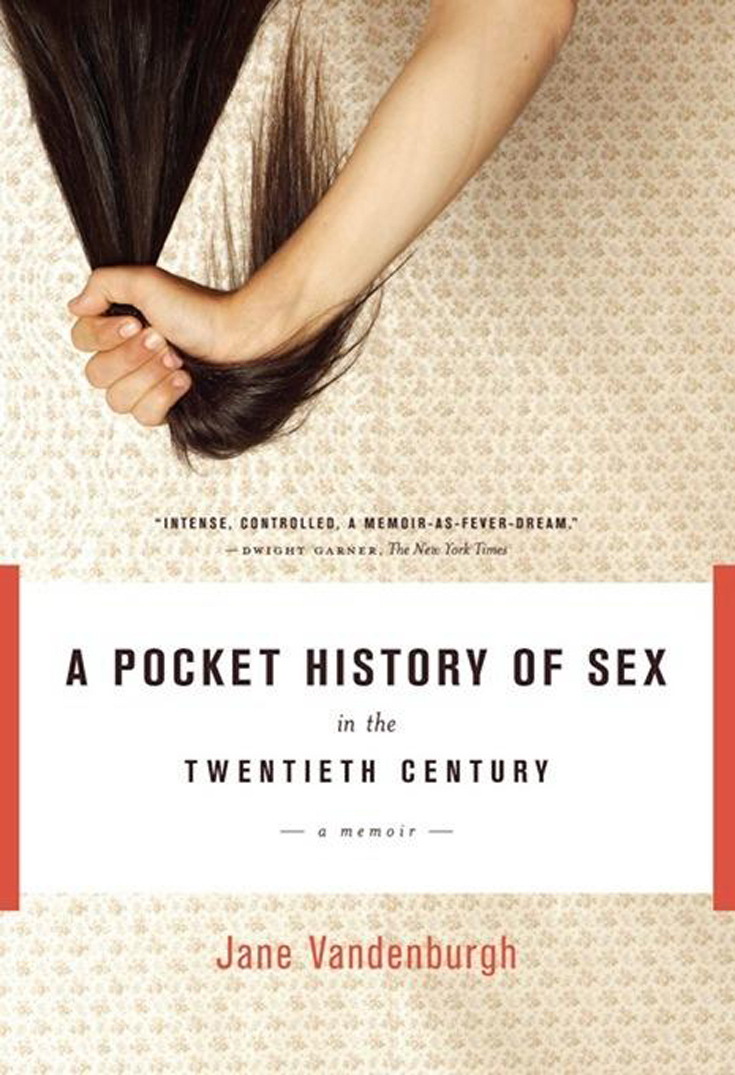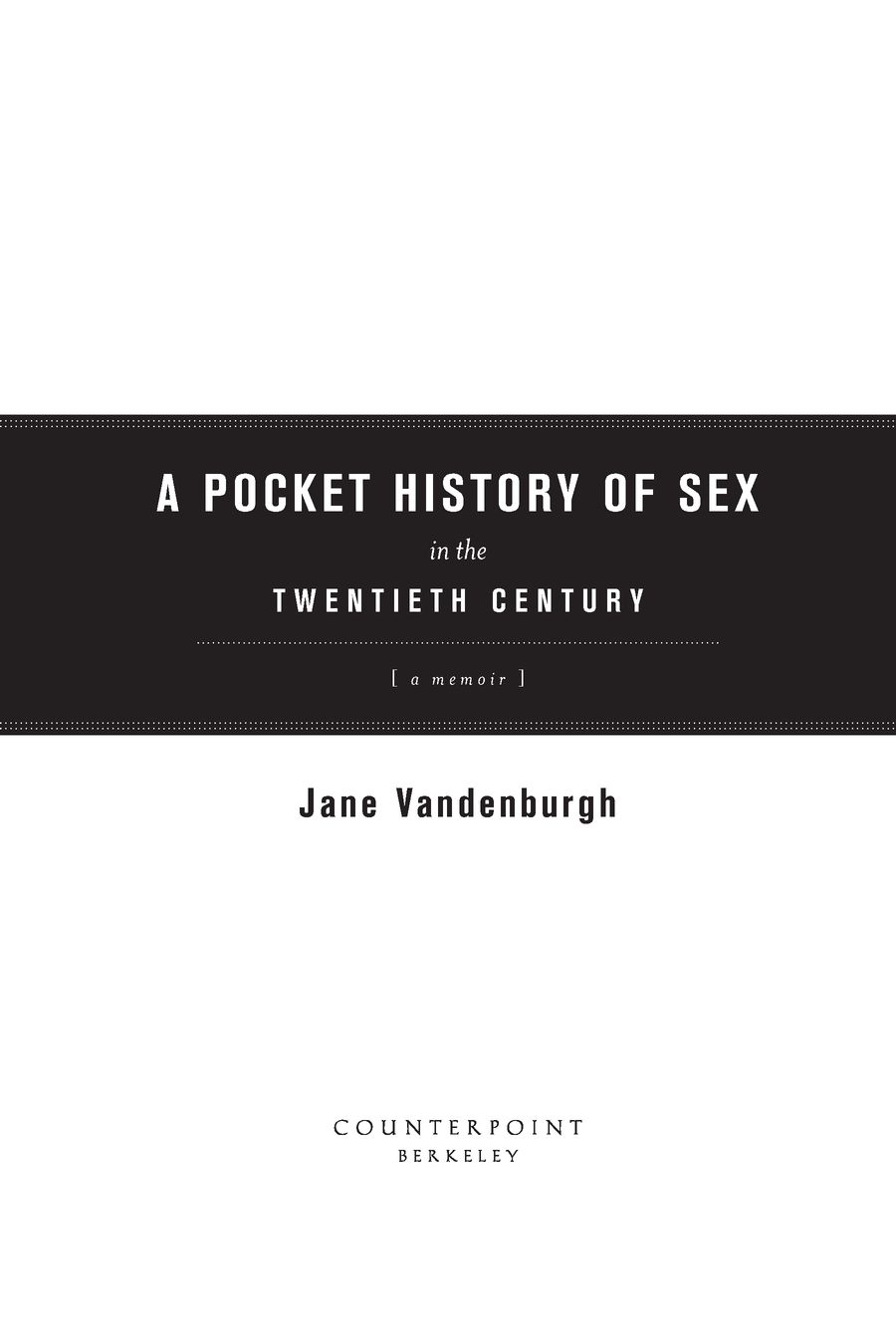Table of Contents
Guide
Table of Contents
AUTHORS NOTE ON TECHNIQUE
THIS IS A WORK of nonfiction whose events happened in the real world. I have, however, employed some of the techniques of fiction in order to tell the story that exists most vividly in my recollections. I have also changed the names of some of the participants in order to protect their identities.
For my aunt, Janet Vandenburgh Godfrey,
who didnt get the starring role in this production, but is nevertheless its hero.
it seems they were all cheated of some marvellous experience which is not going to go wasted on me which is why Im telling you about it
FRANK OHARA
THE PULL OF GRAVITY
Normalcy
THE LAST HOUSE I will live in with both my parents and my two brothers was one built on a sandy lot in Redondo, a development in a beach town near Los Angeles. Our house is distinguished only by the pepper tree our father planted out in front, where other, more normal dads would dump topsoil and then scatter lawn seed. The house is new, but there isnt any hope for it. It smells of wet cement, as if something is wrong with its foundation. Cold leaks upward through the floorboards, drawing body heat down and out of our bare feet, back to the lots damp sand.
My brothers and I are blond, tan, tousle-haired beach rats, seriously unkempt. Will and Geo and I know, because one of our more elegant San Marino relatives told us, that we are being raised by Gawd. By Gawd, quite obviously, since John and Maggie cannot be bawwthured. Our parents parenting is described by our Aunt Nan as benign neglect.
My brothers and I know no discipline. We wander for miles, going off to the beach or to the pier to fish. We ride our bikes on the esplanade and come home late, idly poking sticks into the already rotting stucco on the outside of the houses to get at the scraps of tar paper, which we pull out and chew like gum.
It is the 1950s, and both of our parentswho come from privileged backgroundsbelieve theyve ended up in this dump because their money and their luck ran out. Luck is no longer John and Maggies specialty. They can still count on one or the other set of grandparents, however, to swoop in to fix things when they mess up. My grandparents say its always trouble whenever the phone rings and it concerns Maggie and Johnny. Thats when they have to make phone calls to The Powers That Be, or help my parents out financially. Buying them this house at the beach in Redondo may be one of their last-ditch attempts, getting a starter home for people no longer starting out.
Redondo is an object lesson: How Normal People Are Content to Live.
Other families seem less ambiguous about what youre supposed to do. You get this job. You buy that house. You raise your children. You build a foursquare life, you go forever to live in it.
On Avenue B in Redondo, our parents are losing any wish theyve ever had to fit in. Folks believe in America as a Melting Pot, in which everyone urgently needs to learn to conform. The Melting Pot reminds me of Little Black Sambo, who is chased by a tiger around a tree every Saturday morning on cartoons: They go round and round until they melt together into butter.
Redondo is I Love Lucy, which I hate for its noisy domestic chaos, and My Little Margie, which I like because Gale Storm has a good haircut and a job she keeps from week to week. The name Gale Storm also contains the one grown-up joke I understand.
There is little about being an adult that is clear to me. What I do know is that the foursquare life doesnt impress my parents. Homeownership does nothing for them, either. Homeownership involves housekeeping, home maintenance, staying in one place. And awwwctually? our mother remarks as she swooshes her paintbrush around in the bright dyes she uses to paint on Bristol board. Truuuthfully? Id much prefer to move.
Homeownership is a family tradition; real estate is what amounts to almost a family religion, everything being predicated on growth, on the ever-skyward direction of California land values. Everyone in our family has always owned houses, pluralthe main one in town and also the ratty dream shack in the mountains or up the coast in Cambria, or at the beach for the summertime, whenlike all real Californiansyou hike and fish and swim. You very vehemently picnic, as my mother says, or you are forced to camp out in those gawd-awful sleeping bags on the wretched sleeping porch that is never heated, in order to simulate being in the tyrannical Out of Doors.
My god how I hate na-chur, our mother likes to say, how its all red in tooth and claw.
She says these things to any and all who listen as she works at the kitchen table, where she is painting the storyboards she makes for Disney. Homeownership doesnt make you a good person, she says. The Vandenburgh Seniors awwwwnd the Whites awwwwnd the Ainsworth-Rutherford-Rolands all own houses, plural, she goes on, and did we imagine this was anything that got them immediately into their version of heaven? Honestly?
She glances up from what she is doing, one eye winked shut against the upward bloom of her cigarette smoke. She then flicks her gaze over the four corners of her work.
Honestly? she asks again. Just look how crappily they turned out.
She inhales smoke, changes brushes in the water jar. Shitheels, she pronounces, whispering to herself.
Ours is a blue-collar neighborhood where the kids are tough and the fatherscops, plumbers, workers in tool-and-diewill beat up a son who seems to be turning out to be a pansy. No one aside from our fatherwho is an architectdrives off to work on Wilshire Boulevard on the Miracle Mile wearing a dark suit, white dress shirt, and bowtie. No one aside from our artist mother acts like she does, sitting at the kitchen table, drinking beer and smoking cigarettes, as she first inks in and then colors the Donald Duck comics that will be printed over Walt Disneys famous signature. There is no one else playing Bartk, as our father does late into the evening, on the baby grand that takes up too much of the tiny living room.
There is bingo in our neighborhood and there is bowling, but my parents dont go.
My parents can neither abide the normal worldthe house, the marriage, the childrennor exit it entirely. They arent rich enough to afford their privacy. They wont live long enough to find the more tolerant cultural atmosphere my brothers and I will someday enjoy (and even that tolerance will sometimes seem like a window only, one that is opened to let in light and air, but that can easily be slammed down and shuttered again).
Our little beach house is full of big, heavy, old-fashioned furniture that our parents inherited from Various Dead Rich Relatives Who Never Gave a Damn About Us When They Were Alive, as our mother will explain to anyone even vaguely interested. These dead relatives include enfeebled grammas and great-aunts and uncles who tend to live across the Los Angeles Basin in the leafier, more prosperous suburbs. Our parents dont actually want this furniture, which arrives unbidden by truck from Pasadena or Santa Monica, as these are artifacts of the fancy Vandenburghs, the Ainsworth-Rutherford-Rolands, the Moseses, the Whites, all that is



